|
John Martin (Young Irelander)
John Martin (8 September 1812 – 29 March 1875) was an Irish nationalist activist who shifted from early militant support for Young Ireland and Repeal, to non-violent alternatives such as support for tenant farmers' rights and eventually as the first Home Rule MP, for Meath 1871–1875. Early life and family John Martin was born into a landed Presbyterian family, the son of Samuel and Jane (née Harshaw) Martin, in Newry, County Down. He first met John Mitchel while attending Dr Henderson's private school in Newry. He received an Arts degree at Trinity College, Dublin in 1832 and proceeded to study medicine, but had to abandon this in 1835 when his uncle died and he had to return to manage the family landholding. In 1847 he was moved by the Famine to join Mitchel in the Repeal Association but subsequently left it with Mitchel. He contributed to Mitchel's journal ''The United Irishman'', and then following Mitchel's arrest on 27 May 1848, Martin continued with his own anti-Bri ... [...More Info...] [...Related Items...] OR: [Wikipedia] [Google] [Baidu] |
Charles Stewart Parnell
Charles Stewart Parnell (27 June 1846 – 6 October 1891) was an Irish nationalist politician who served as a Member of Parliament (MP) from 1875 to 1891, also acting as Leader of the Home Rule League from 1880 to 1882 and then Leader of the Irish Parliamentary Party from 1882 to 1891. His party held the balance of power in the House of Commons during the Home Rule debates of 1885–1886. Born into a powerful Anglo-Irish Protestant landowning family in County Wicklow, he was a land reform agitator and founder of the Irish National Land League in 1879. He became leader of the Home Rule League, operating independently of the Liberal Party, winning great influence by his balancing of constitutional, radical, and economic issues, and by his skillful use of parliamentary procedure. He was imprisoned in Kilmainham Gaol, Dublin, in 1882, but he was released when he renounced violent extra-Parliamentary action. The same year, he reformed the Home Rule League as the Irish Parli ... [...More Info...] [...Related Items...] OR: [Wikipedia] [Google] [Baidu] |
Isaac Butt
Isaac Butt (6 September 1813 – 5 May 1879) was an Irish barrister, editor, politician, Member of Parliament in the House of Commons of the United Kingdom, economist and the founder and first leader of a number of Irish nationalist parties and organisations. He was a leader in the Irish Metropolitan Conservative Society in 1836, the Home Government Association in 1870, and the Home Rule League in 1873. Colin W. Reid argues that Home Rule was the mechanism Butt proposed to bind Ireland to Great Britain. It would end the ambiguities of the Act of Union of 1800. He portrayed a federalised United Kingdom, which would have weakened Irish exceptionalism within a broader British context. Butt was representative of a constructive national unionism. As an economist, he made significant contributions regarding the potential resource mobilisation and distribution aspects of protection, and analysed deficiencies in the Irish economy such as sparse employment, low productivity, and ... [...More Info...] [...Related Items...] OR: [Wikipedia] [Google] [Baidu] |
Terence MacManus
Terence Bellew MacManus (born 1811 or 1823 – 15 January 1861) was an Irish rebel who participated in the Young Irelander Rebellion of 1848. Sentenced to death for treason, he and several other participants were given commuted sentences in 1849 and transported for life to Van Diemen's Land in Australia. Three years later in 1852, MacManus escaped and emigrated to the United States. He lived in San Francisco, California until his death in 1861. There he was unable to re-establish his career. His body was returned to Dublin for burial, where the Fenians gave him a large funeral in honor of his part in the rebellion. MacManus was notable for his statement in court in 1848; he explained his actions by saying: "... was not because I loved England less, but because I loved Ireland more." Biography Terence MacManus was born about 1811 (or 1823) [...More Info...] [...Related Items...] OR: [Wikipedia] [Google] [Baidu] |
Manchester Martyrs
The "Manchester Martyrs" () is a term used by Irish nationalists to refer to three men—William Philip Allen, Michael Larkin and Michael O'Brien—who were executed following their conviction of murder in 1867 after an attack on a police van in Manchester, England, in which a police officer was accidentally shot dead, an incident that was known at the time as the "Manchester Outrages". The three were members of the Irish Republican Brotherhood, also known as the Fenians, an organisation dedicated to ending British rule in Ireland, and were among a group of 30–40 Fenians who attacked a horse-drawn police van transporting two arrested leaders of the Brotherhood, Thomas J. Kelly and Timothy Deasy, to Belle Vue Gaol. Police Sergeant Charles Brett, travelling inside with the keys, was shot and killed while looking through the keyhole of the van as the attackers attempted to force the door open by shooting the lock. Kelly and Deasy were released after another prisoner in th ... [...More Info...] [...Related Items...] OR: [Wikipedia] [Google] [Baidu] |
Alexander Martin Sullivan (Irish Politician)
Alexander Martin Sullivan (1829 – 17 October 1884) was an Irish Nationalist politician, lawyer and journalist from Bantry, County Cork. Biography Alexander Martin Sullivan, the second son of Daniel Sullivan of Dublin, was born in 1829 (A popular date for Sullivan's birth appears in many histories as 1830, but his grave stone reads 1829) at Bantry, County Cork, the second of six sons. He was educated in the local national school. One of Sullivan's brothers was Timothy Daniel Sullivan, the Lord Mayor of Dublin from 1886 to 1888. During the Great Famine of 1845 to 1847, Sullivan was employed as a clerk in connection with the relief works started by the government. Deeply influenced by the distress he then witnessed, he afterwards joined the Confederate Club formed at Bantry in support of the revolutionary movement of the Young Irelanders, and was the organiser of the enthusiastic reception given by the town to William Smith O'Brien in July 1848 during the insurgent leader's to ... [...More Info...] [...Related Items...] OR: [Wikipedia] [Google] [Baidu] |
Fenian Rising
The Fenian Rising of 1867 ( ga, Éirí Amach na bhFíníní, 1867, ) was a rebellion against British rule in Ireland, organised by the Irish Republican Brotherhood (IRB). After the suppression of the ''Irish People'' newspaper in September 1865, disaffection among Irish radical nationalists continued to smoulder, and during the later part of 1866, IRB leader James Stephens endeavoured to raise funds in the United States for a fresh rising planned for the following year. However the rising of 1867 proved poorly organised. A brief rising took place in County Kerry in February, followed by an attempt at nationwide insurrection, including an attempt to take Dublin in early March. Due to poor planning and British infiltration of the nationalists, the rebellion never got off the ground. Most of the leaders in Ireland were arrested, but although some of them were sentenced to death, none suffered execution. There followed a series of attacks in England aimed at freeing Fenian prisone ... [...More Info...] [...Related Items...] OR: [Wikipedia] [Google] [Baidu] |
The Nation (Irish Newspaper)
''The Nation'' was an Irish nationalist weekly newspaper, published in the 19th century. ''The Nation'' was printed first at 12 Trinity Street, Dublin from 15 October 1842 until 6 January 1844. The paper was afterwards published at 4 D'Olier Street from 13 July 1844, to 28 July 1848, when the issue for the following day was seized and the paper suppressed. It was published again in Middle Abbey Street on its revival in September 1849. Background The founders of ''The Nation'' were three young men – two Catholics and one Protestant – who, according to the historian of the newspaper T. F. O'Sullivan, were all "free from the slightest taint of bigotry, and were anxious to unite all creeds and classes for the country's welfare.".Young Ireland, T. F. O'Sullivan, The Kerryman Ltd. 1945 pg 6 They were Charles Gavan Duffy, its first editor; Thomas Davis (Young Irelander), Thomas Davis, and John Blake Dillon. All three were members of Daniel O'Connell's Repeal Association, which ... [...More Info...] [...Related Items...] OR: [Wikipedia] [Google] [Baidu] |
Tenant Right League
The Tenant Right League was a federation of local societies formed in Ireland in the wake of the Great Famine to check the power of landlords and advance the rights of tenant farmers. An initiative of northern unionists and southern nationalists, it articulated a common programme of agrarian reform. In the wake of the League's success in helping return 48 pledged MPs to the Westminster Parliament in 1852, the promised unity of "North and South" dissolved. An attempt was made to revive the all-Ireland effort in 1874, but struggle for rights to the land was to continue through to the end of the century on lines that reflected the regional and sectarian division over Ireland's continued place in the United Kingdom. Background The immediate occasion for the formation of the League was the Encumbered Estates Act of 1849. The legislation failed to acknowledge the Ulster tenant right. The un-codified custom in Ireland's northern province restrained the freedom of landowners to rack r ... [...More Info...] [...Related Items...] OR: [Wikipedia] [Google] [Baidu] |
Jane Mitchel
Jane "Jenny" Mitchel ( – 31 December 1899) was an Irish nationalist who joined her husband, John Mitchel, in exile in the United States where, with their sons, they sided on a pro-slavery platform with the secessionist South in the Civil War. Early life and family Jane Mitchel was born Jane Verner around 1820 near Newry, County Down. At the time she, her brother and her mother Mary Ward were living with Captain James Verner (1777–1847). James Verner was from a prominent Armagh family, and was involved in the Orange Order, going on to become Orange deputy grandmaster of Ireland in 1824. Although James Verner raised Mitchel, she is not believed to be his child. Mitchel attended Miss Bryden's School for Young Ladies in Newry. Mitchel met her husband, John Mitchel, when she was 15. The couple eloped in November 1836, but did not marry as James Verner pursued them to Chester and brought her home to Ireland. They eloped again in 1837, and were married at Drumcree Church, County ... [...More Info...] [...Related Items...] OR: [Wikipedia] [Google] [Baidu] |
William Smith O'Brien
William Smith O'Brien ( ga, Liam Mac Gabhann Ó Briain; 17 October 1803 – 18 June 1864) was an Irish nationalist Member of Parliament (MP) and a leader of the Young Ireland movement. He also encouraged the use of the Irish language. He was convicted of sedition for his part in the Young Irelander "Famine Rebellion" of 1848 but his sentence of death was commuted to deportation to Van Diemen's Land. In 1854, he was released on the condition of exile from Ireland, and he lived in Brussels for two years. In 1856 Smith O'Brien was pardoned and returned to Ireland, but he was never active again in politics. Early life Born in Dromoland, Newmarket on Fergus, County Clare, William Smith O'Brien was the second son of Sir Edward O'Brien, 4th Baronet, of Dromoland Castle. His mother was Charlotte Smith, whose father owned a property called ''Cahirmoyle'' in County Limerick. William took the additional surname ''Smith'', his mother's maiden name, upon inheriting the property. ... [...More Info...] [...Related Items...] OR: [Wikipedia] [Google] [Baidu] |
Thomas Francis Meagher
Thomas Francis Meagher (; 3 August 18231 July 1867) was an Irish nationalist and leader of the Young Irelanders in the Rebellion of 1848. After being convicted of sedition, he was first sentenced to death, but received transportation for life to Van Diemen's Land (now Tasmania) in Australia. In 1852, Meagher escaped and made his way to the United States, where he settled in New York City. He studied law, worked as a journalist, and traveled to present lectures on the Irish cause. He married for a second time in New York. At the beginning of the American Civil War, Meagher joined the U.S. Army and rose to the rank of brigadier general. He was most notable for recruiting and leading the Irish Brigade, and encouraging support among Irish immigrants for the Union. By his first marriage in Ireland, he had one surviving son; the two never met. Following the Civil War, Meagher was appointed Montana's Territorial Secretary of State by President Andrew Johnson, and served as acting ... [...More Info...] [...Related Items...] OR: [Wikipedia] [Google] [Baidu] |
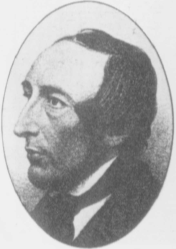
_Irish_Frankenstein.jpg)
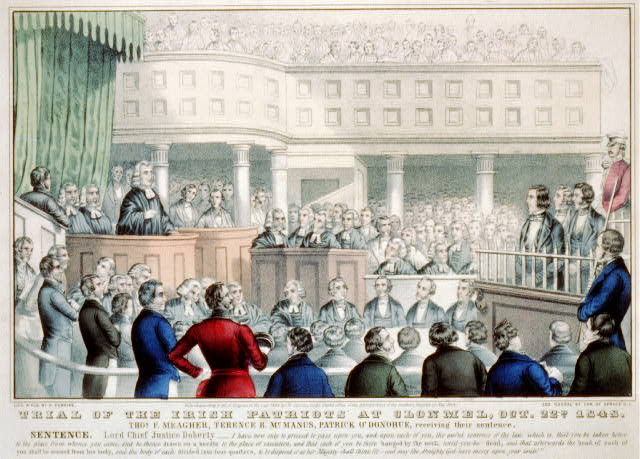
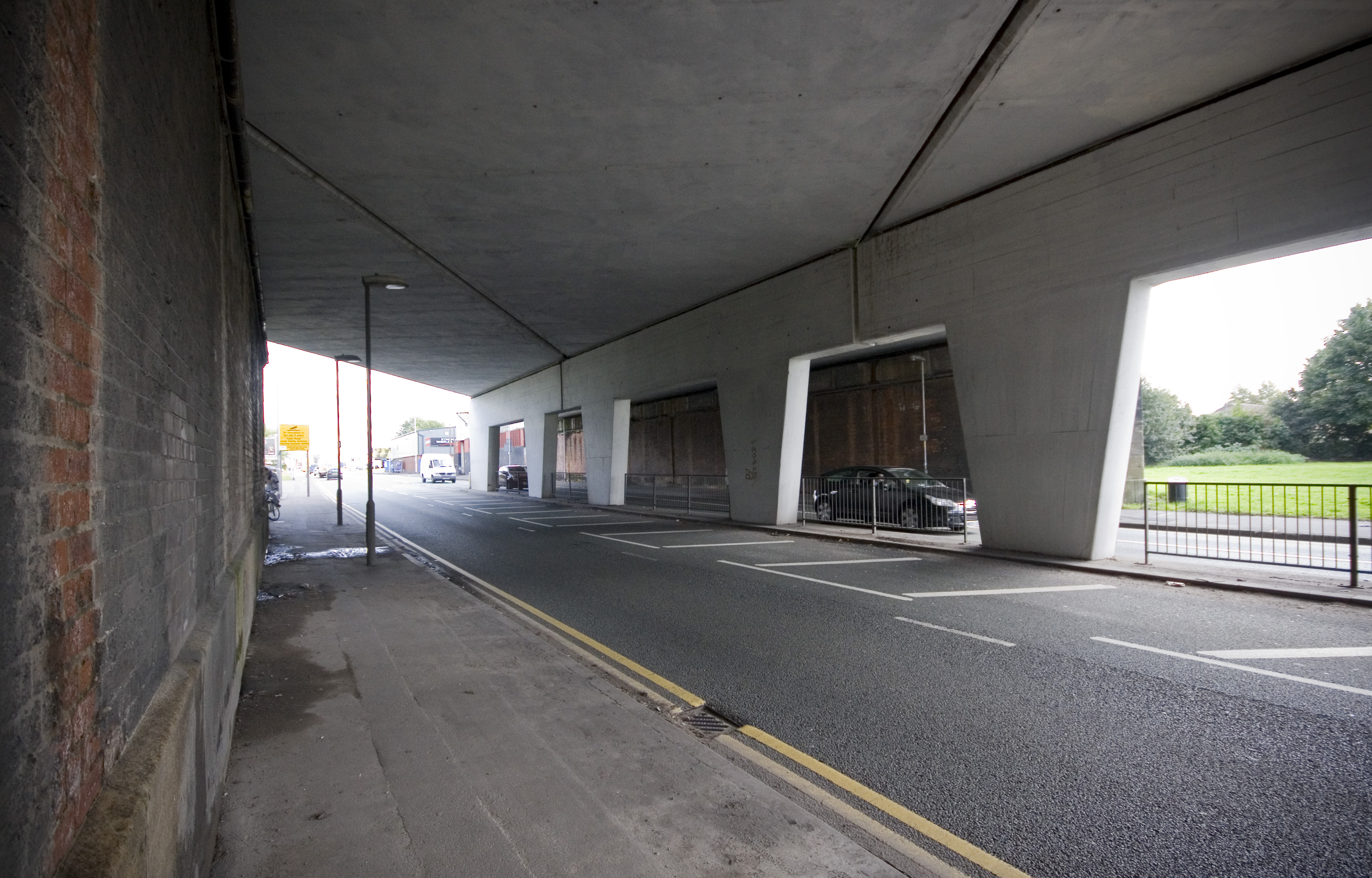
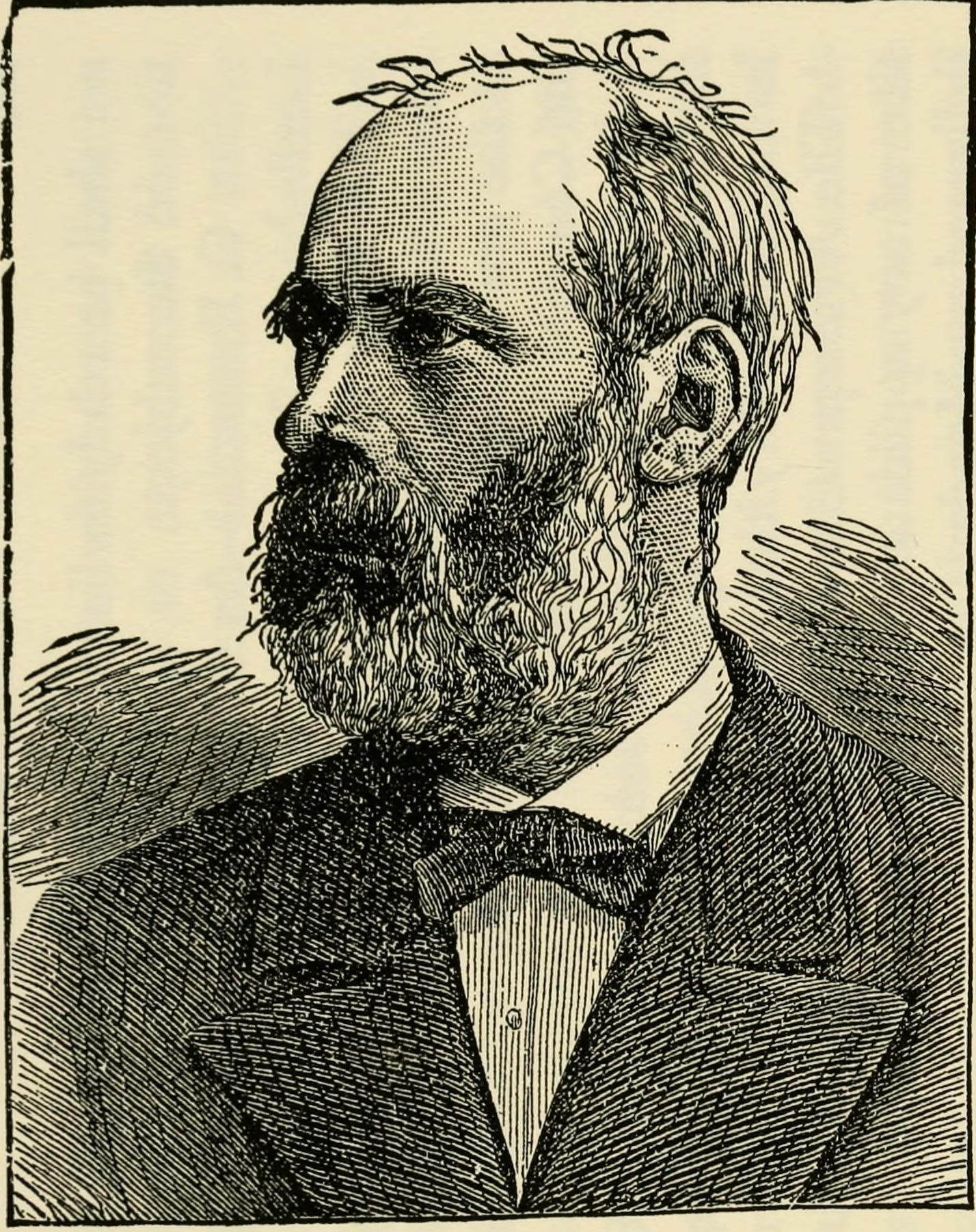
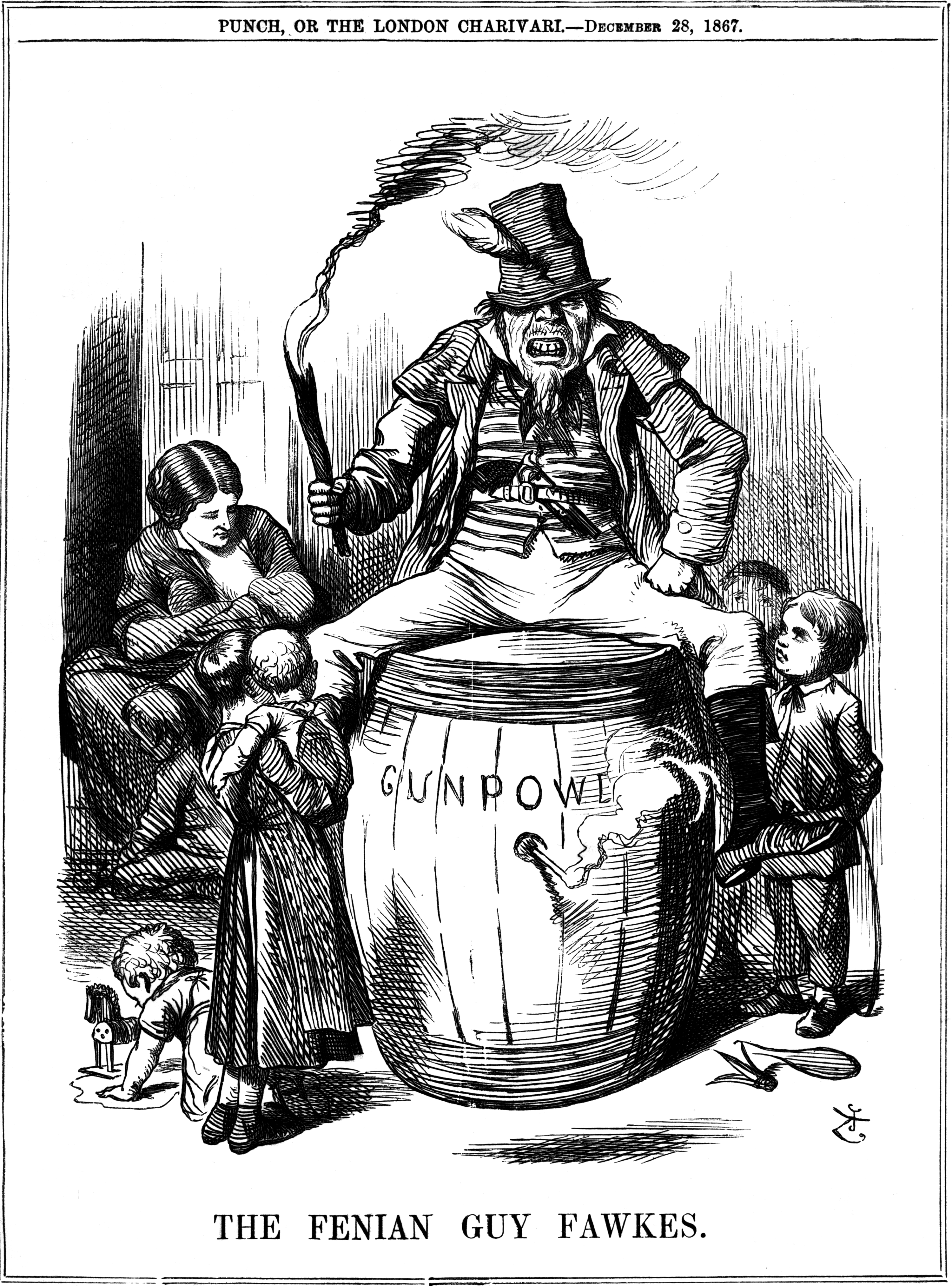
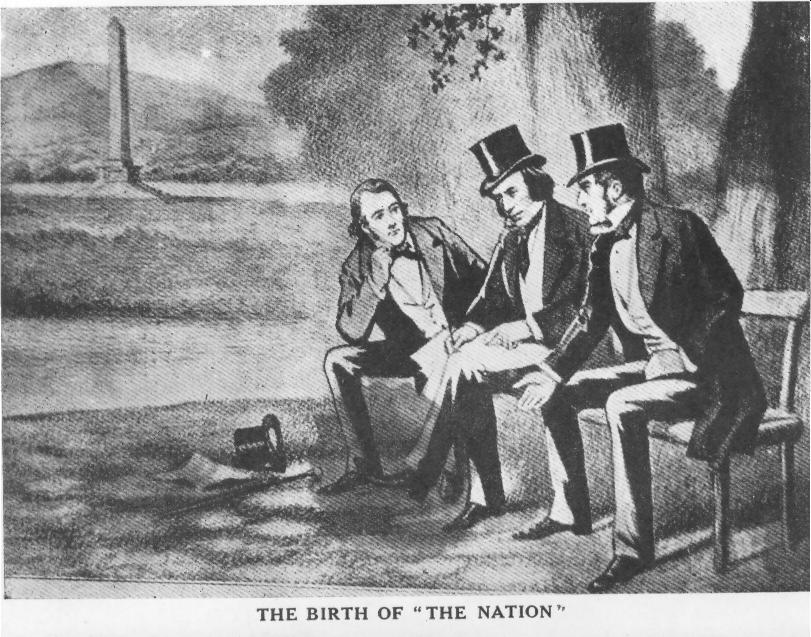
.jpg)